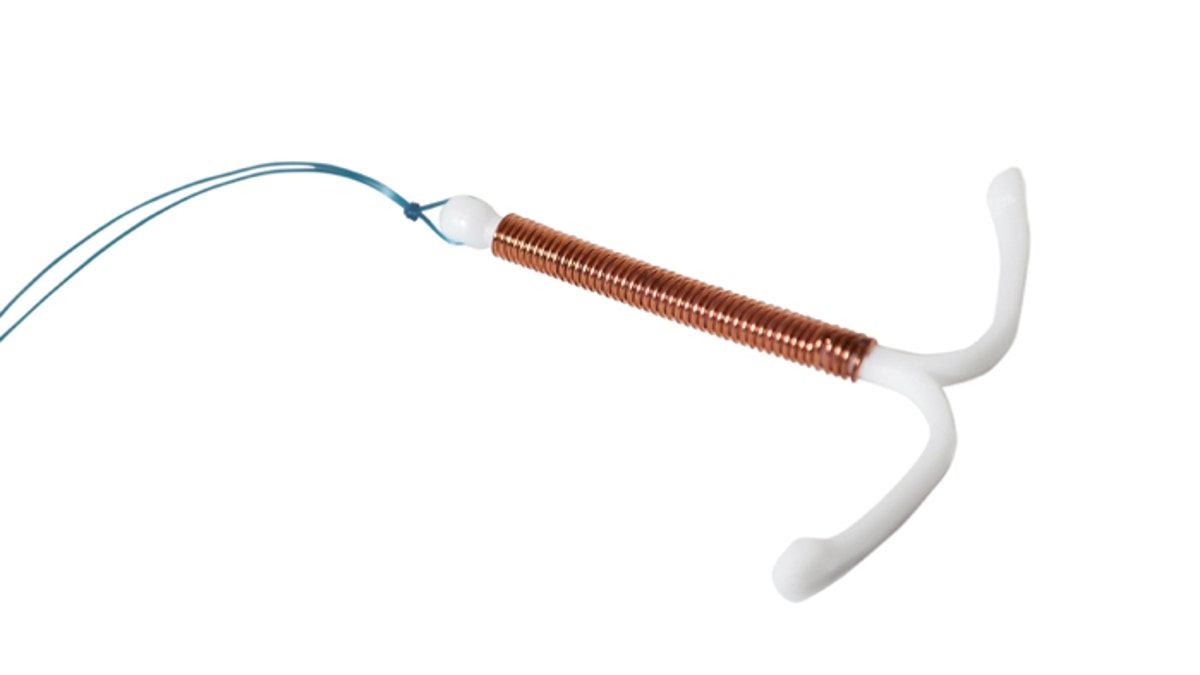
I want to separate my opinions in this article into two camps: My opinion as an OB-GYN, and my opinion as a father.
As an OB-GYN I am well aware of the many different options or methods that a young woman may have to prevent a pregnancy. From condoms to diaphragms, and birth control pills to intrauterine devices (IUDs), I could recite to you their indications, their contraindications and their efficacy.
And as a father, I can tell you that I would never recommend an IUD for my teenage daughter.
I know that the American Academy of Pediatrics is recommending that sexually active teenagers consider a more permanent type of birth control by utilizing an IUD, but I totally disagree.
The best type of contraception to recommend to a teenager is abstinence. I know it’s easier said than done, but if you look at teen birth rates over the past five years, you will find a steady decline.
The trend is not because teens are using more IUDs, but rather because these young women— through education— are empowering themselves to make the right choices.
As a high-risk obstetrician, if a teenager would ask me what I thought about IUDs, I would say while they are quite effective in preventing a pregnancy, a closer read of the fine print reveals some important factors you should consider.
First, let me explain what an IUD is – a small metal or plastic device which is embedded with a hormonal substance, that is placed by a doctor inside the uterus.
Very common side effects of placing this foreign object inside the womb include cramping, spotting, heavy menstrual flow and possibly even an infection that could lead to a condition called pelvic inflammatory disease, ultimately rendering the individual infertile.
Not to mention, uterine perforation -- although extremely rare -- which could lead to an emergency operation.
The aspect of infection is a very important factor to consider since it is advisable that women who have an IUD not have multiple partners – a warning that, according to CDC data which shows nearly half of the 19 million new STD cases each year are among young people aged 15-24 -- may be overlooked by some sexually active young women.
While an IUD is effective in preventing a pregnancy, it does not prevent any type of STDs, which data shows continue to be on the rise. Instances of chlamydia, gonorrhea and herpes are a secondary problem that sexually active teenagers are facing.
So, from a scientific point of view, I understand that long-term contraception like an IUD will prevent pregnancy in teens, but as a father, I cannot see a young 16- or 17-year-old girl making such a difficult decision in choosing the right birth control method in which she can fully understand all of the potential complications she may encounter.
And while I differ with my pediatrician friends, I don’t think they have all the potential facts about complications that may develop— especially in the field of infertility— to advise correctly on this matter. Rather than pushing for IUDs, as physicians, we should be pushing for more sexual education information from professionals and parents.








































